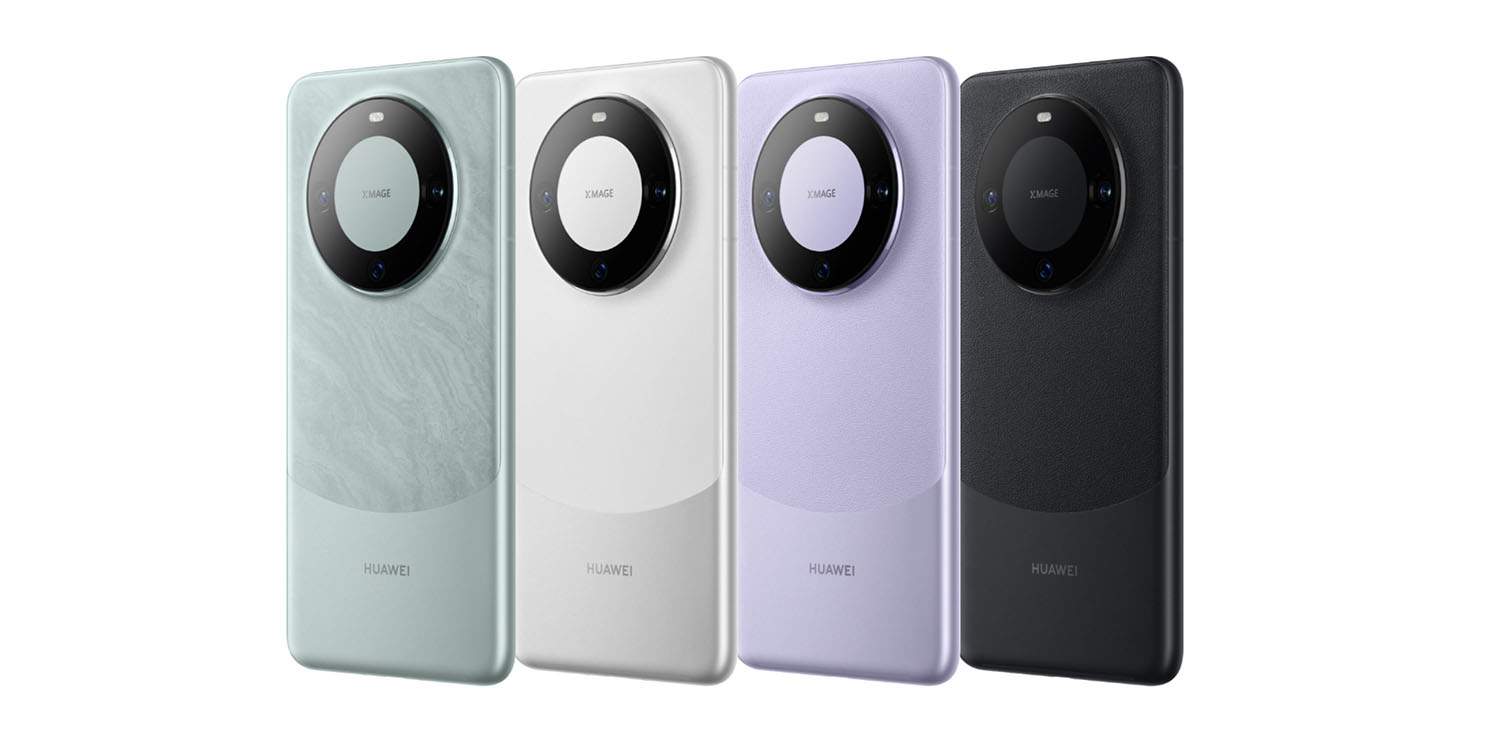
A new market intelligence report suggests that Chinese iPhone sales fell 10% year-on-year, between Q3 2022 and the same quarter this year. This was significantly worse than the overall 3% decline in the Chinese smartphone market.
Several explanations are offered, but a key one is the surprise reemergence of Huawei as a competitor – with US sanctions-busting or industrial espionage suspected …
Chinese iPhone sales fell 10%
Counterpoint Research says that China’s smartphone market declined 3% year-on-year, a smaller fall than has been seen in recent quarters, and a sign that a return to growth may be in sight.
Most brands saw their sales fall, with the iPhone experiencing a 10% drop. One explanation offered was simply tight supply at launch, as the quarter only includes the first week of sales.
Initial supply constraints faced by the iPhone 15 series, which resulted in lower sales compared to the iPhone 14 series for the launch period.
A better picture will emerge in the current quarter.
But the big story of the quarter was Huawei’s reemergence as a serious player in the premium smartphone market. While the only other brands to see their sales climb were Mi and Honor, with modest gains of 5% and 3% respectively, Huawei saw its own sales rocket up by 37%.
That was almost entirely due to the launch of the company’s first premium model in three years, the Mate 60 Pro, with its iPod-like rear.
Huawei versus Apple
As we’ve previously noted, the battle between Apple and Huawei really took off in 2014, with the launch of the iPhone 6 – Apple’s first phone to offer the larger screen sizes favored by Chinese consumers.
That spurred Huawei into upping its own game, and a combination of patriotism and lower price saw Huawei rapidly achieve dominance in the Chinese market. Huawei’s lead peaked in 2020, driving down iPhone sales in the process.
All that changed last year, when the US government imposed sanctions on China, preventing the export of advanced US chips to the country. Among other things, that blocked Huawei from buying 5G radio chips for its smartphones from Qualcomm and Broadcom.
You can’t expect to sell many premium smartphones without 5G capabilities, so that saw sales of Huawei phones drop like a brick, with Apple by far the biggest beneficiary.
The Mate 60 Pro controversy
Huawei launched the Mate 60 Pro with full 5G capabilities thanks to a Chinese-made chip, something US experts had believed impossible.
Surprise at this development wasn’t limited to the tech sector – it was even raised by the US National Security Advisor during a recent White House press briefing. The two main theories are sanctions-busting, to obtain US-made chips which were rebranded as Chinese ones, and industrial espionage, where China has obtained unauthorized access to US chip designs.
Either way, Huawei back in action as an Apple competitor is likely to hurt Chinese iPhone sales for some time.
FTC: We use income earning auto affiliate links. More.






Comments